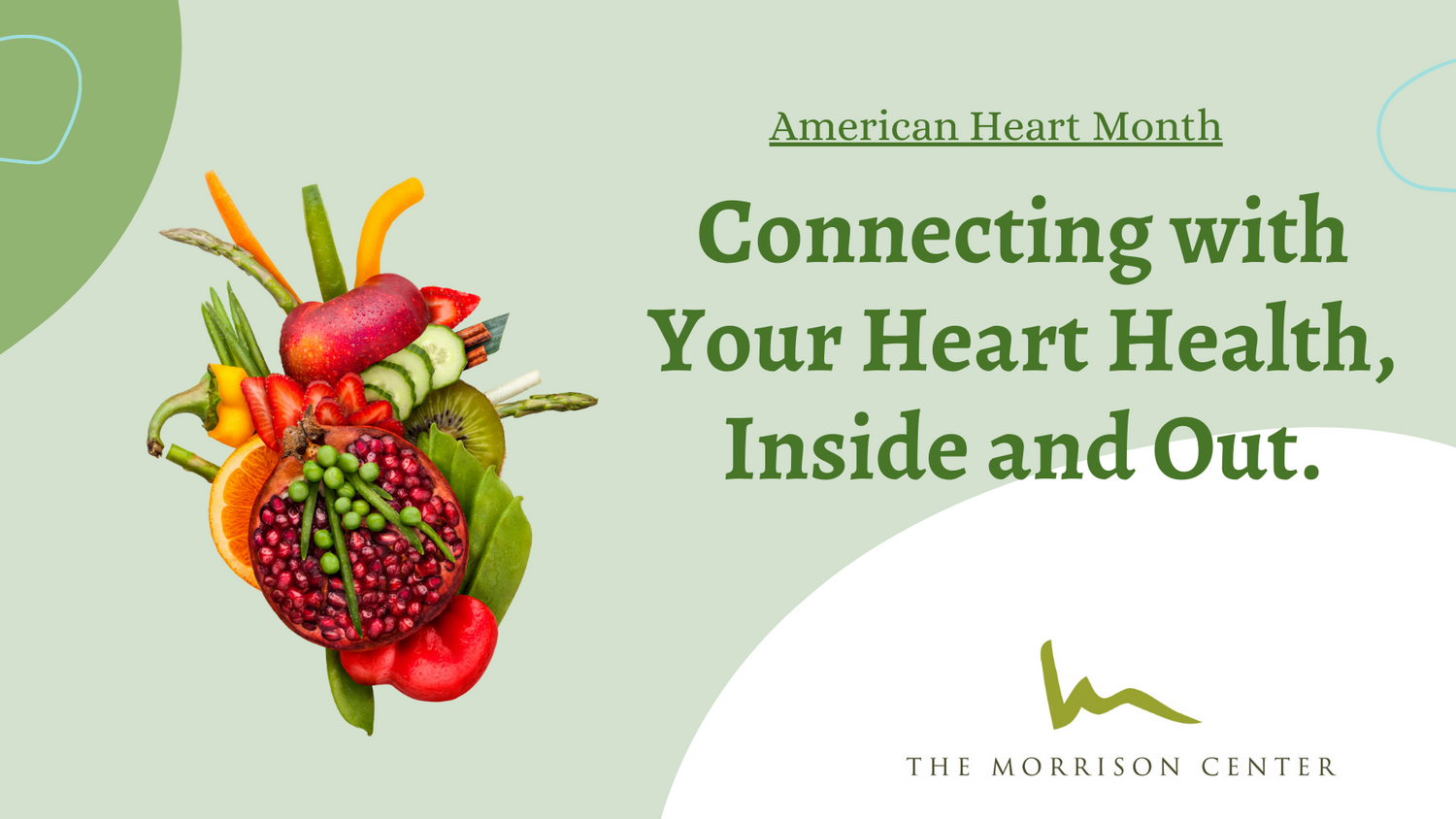Valentine’s Day is around the corner, and February is American Heart Month. It’s no coincidence that the master of circulatory connection in the body is an emblem of love and connection with others. Cultures around the world have viewed the heart as our spiritual center for time immemorial.
Today, the heart is at the center of both our physical and spiritual health. Heart disease is the leading cause of death in the US for years in the running.1 So, this month, we’re taking on the question “how do I know if my heart is healthy?”
An important factor in heart disease is the buildup of plaque in the blood vessels called atherosclerosis. This is a gradual process, and heart disease is often called the “silent killer” because it can have few or no symptoms until its late stages. Some signs your heart may be stressed include:
- Increased fatigue on exertion
- Reduced stamina or weakness
- Pain or tightness in your chest or upper back
- Coldness or numbness in your hands and feet
However, as there may be no symptoms, blood tests and scans are especially important for assessing the heart:
- High-sensitive C-reactive protein (hsCRP) is an important marker for inflammation in the blood vessels. Refined carbohydrates can drive up hsCRP.
- Cholesterol, LDL and HDL, is an important piece of assessing your heart. However, despite the popular press, not all LDL is “bad.” Looking deeper at the quality of your LDL, whether it is small and dense (LDL particle size) or oxidized (oxLDL) can tell how readily it may harm your blood vessels.2
- Heart scan (a.k.a. coronary calcium scan) is a high-speed CT scan that looks for calcified plaque that may narrow the blood vessels that feed the heart.
While tests are essential, one of the most important ways we know our hearts are healthy is, well, in our hearts. Community connection is vital for the heart. Numerous studies have found poor social relationships and feelings of isolation are associated with a 29% increased risk of heart disease.3
How to keep your heart healthy:
Make time to connect with your community. Whether it is social, civil, or religious, spending time giving and receiving support from others is a powerful way of exercising the full circulatory capacity of our spiritual hearts. Develop a deliberate practice of reflecting on your gratitude for the people around you that sustain your life.
Sometimes feelings of isolation persist despite healthy relationships. HeartMath can teach you to tap into your heart’s intelligence and awaken to the best version of yourself. Call TMC to schedule an appointment with our health coach Stephanie to try HeartMath!
Follow an anti-inflammatory meal plan. Reduce or eliminate refined carbohydrates, grain-fed red meat, dairy and sugar, while focusing on colorful vegetables, whole grains, seeds, and fish to support a healthy heart. Call TMC to schedule a consultation with our nutritionists, Stephanie and Robin, to design a personalized plan that works for your life.
Maintain healthy cholesterol. An anti-inflammatory meal plan is naturally low in saturated fat and high in fiber, two key strategies for reducing cholesterol. For added fiber, try Daily Fiber B. Chanca Piedra* can help the gallbladder to release more cholesterol into the gut, and Plant Sterols* can bind it on the way out. Antioxidants, such as tocotrienols like Annatto E*, can help protect LDL from oxidation and inflammation and keep it healthy.
Stay tuned for part two of our Heart Month insights!
The article is written by Dr. Morrison and Jonah Udall, a nutritionist, herbalist, and functional medicine practitioner in-training, earning his Masters of Science in Human Nutrition and Functional Medicine at University of Western States. Chronic health challenges taught him the importance of seeking root causes, celebrating the individual, and finding collaborative paths to vibrant health with nature’s medicines. Jonah is also a professional musician and movement artist and a certified Deep Listening instructor.
*These products are available online for TMC’s patients only. If you are not a TMC patient and interested in learning more about it, please call TMC office at 212-989-9828.
About the Author:
Jonah Udall is a nutritionist, herbalist, and functional medicine practitioner in-training, earning his Masters of Science in Human Nutrition and Functional Medicine at University of Western States. Chronic health challenges taught him the importance of seeking root causes, celebrating the individual, and finding collaborative paths to vibrant health with nature’s medicines. Jonah is also a professional musician and movement artist and a certified Deep Listening instructor.
References:
- CDC. From the CDC - Leading Causes of Death in Males and Females, US. Centers for Disease Control and Prevention. Retrieved from: https://www.cdc.gov/minorityhealth/lcod/index.htm
- Di Pietro N, Formoso G, Pandolfi A. Physiology and pathophysiology of oxLDL uptake by vascular wall cells in atherosclerosis. Vascul Pharmacol. 2016;84:1-7.
- Valtorta NK, Kanaan M, Gilbody S, Ronzi S, Hanratty B. Loneliness and social isolation as risk factors for coronary heart disease and stroke: systematic review and meta-analysis of longitudinal observational studies. Heart. 2016;102(13):1009-1016. Retrieved from: https://www.ncbi.nlm.nih.gov/pmc/articles/PMC4941172/



Leave a comment